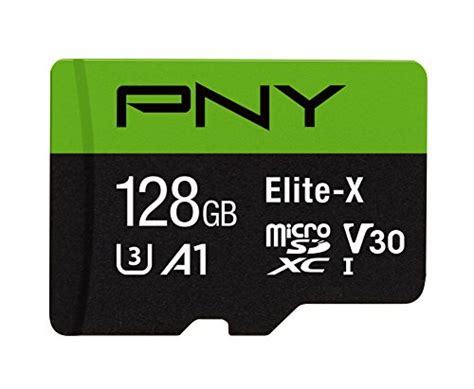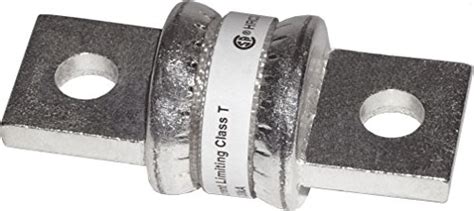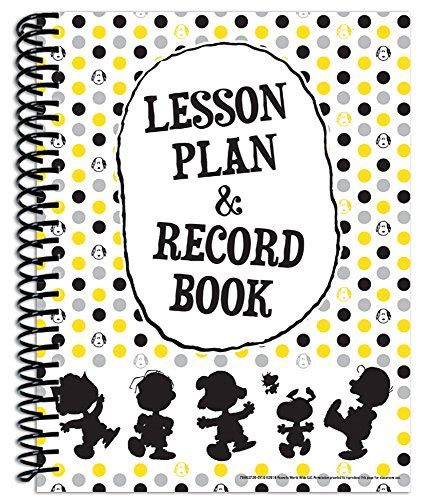SEO highly depends on your keyword research, but that’s not all. Certain other factors influence your SEO marketing, and you may be unaware of them. What are those? Google doesn’t just consider the most repeated keywords. It looks for many other things like page speed, internal links, external links, optimized content, URL, etc. The focus of this blog is URL slugs, SEO, and how they are connected.

What is a slug?
The first part of our blog deals with the explanation of slugs. What is URL Slug? This is not the slug that you find in your garden. This slug is a part of the URL which explains the page content. It refers to a unique page of the website. Now understand, URL is the complete address of your website while slug refers to just the last part of the URL.
For example, https://www.faq-course.com/blogs/best-platforms-to-learn-seo
This is a complete URL. It consists of the protocol, domain, sub-domain, and slug. The last part explains the topic, and “best-platforms-to-learn-SEO” is our slug. I hope it is clear now.

Why are URL slugs so important for SEO?
A good slug can directly impact your SEO. People decide to click on your page through your URL slug. Let’s see how a good slug can benefit your SEO practices.
These slugs help the Google SERP to identify what is the priority. For example, if someone searches “why are slugs important for SEO,” Google will assume it is important and decide to include it in the search result. This can increase your optimization, and it can increase your customer experience. So, it’s very important to focus on this.
A good slug should be clear and concise. This is how slug works for SEO. There are many best platforms to learn SEO. These can teach you everything associated with it.

Best practices to optimize your URL slug
We have understood how URL Slug works with SEO. The next part of our blog connects the link between URL slug and SEO. There are many useful practices regarding slugs. Here are some of the URL slug best practices.
It must include your keywords
It is an essential concept. You must add your main keyword in your URL slug for better optimization. Google considers this and ranks your URL accordingly. Don’t forget the actual purpose of using a slug. It is to explain your content to your audience. Some people just want to add the keywords, and they don’t consider if the title is relevant or not.
Your URL slug must be easy to use
Your URL slug should be straightforward and clear. You should make it as simple as possible. URL with different characters, letters, or numbers. Such things make the URL slug complicated, and people will hesitate to open them.

Use hyphens
You should hyphen to generate your slugs. Hyphens separate the words, so they become easy to read. For example, if I write ‘whatisaslug?’ it is simply unreadable. Plus, no one will bother reading it. However, if I add hyphens “what-is-a-slug?” It becomes easy to interpret.
Use lower case slugs
Lower case slugs are more authentic. They allow your users to fit them in the browser easily. Some browsers directly convert the slugs to lowercase, and it is a great practice. The URLs after the domain are sensitive. Therefore, you must strictly adhere to lowercase slugs. They help to avoid different problems like error 404 and content duplication.
Avoid the numbers
I have mentioned above that you keep the use of numbers to the minimum. These further complicate the URL slug. It creates a problem when you decide to reuse the link, or for updating content. If you cannot avoid numbers, keep the usage to a minimum.
Make your URL slug short
Your URL slug length should be as short as possible. Even if your title is long, you must shorten your URL slug. The ideal content length is less than 60 characters. Short slugs make content easy to update as compared to the long ones. They also make your keywords prominent, and this helps to increase your ranking.
You must keep these practices in mind, and avoid doing the opposite. These SEO practices regarding URL will help in your journey, and increase your web traffic.
 Doggie Stylz Set Of 2 Reflective Therapy Dog In Training Removable Patches Wit
Doggie Stylz Set Of 2 Reflective Therapy Dog In Training Removable Patches Wit
 6 Pcs Service Dog In Trainingworkingstress Amp Anxiety Response Embroidere
6 Pcs Service Dog In Trainingworkingstress Amp Anxiety Response Embroidere
 Service Dog In Training Patch With Hook Back And Reflective Lettering For Servic
Service Dog In Training Patch With Hook Back And Reflective Lettering For Servic
 Four Paws Wee Wee Pee Pads For Dogs And Puppies Training L Gigantic Xl St
Four Paws Wee Wee Pee Pads For Dogs And Puppies Training L Gigantic Xl St
 Pny 128gb Elite X Class 10 U3 V30 Microsdxc Flash Memory Card 100mbs
Pny 128gb Elite X Class 10 U3 V30 Microsdxc Flash Memory Card 100mbs
 Academy Of Beasts V Shifter Romance
Academy Of Beasts V Shifter Romance
 Beast Academy 5a Practice
Beast Academy 5a Practice
 32gb Class 10 Sdhc Flash Memory Card Standard Full Size Sd Card Ush I U
32gb Class 10 Sdhc Flash Memory Card Standard Full Size Sd Card Ush I U
 Go Power F 200 Class T 200 Amp Slow Blow Fuse Silver
Go Power F 200 Class T 200 Amp Slow Blow Fuse Silver
 Blue Sea Systems 5116 Fuse A3tclass T 200a
Blue Sea Systems 5116 Fuse A3tclass T 200a
 Eureka Peanuts Classic Characters Deco Kit 840227
Eureka Peanuts Classic Characters Deco Kit 840227
 Eureka Peanuts Geometric Back To School Classroom Supplies Record And Less
Eureka Peanuts Geometric Back To School Classroom Supplies Record And Less














![Flutter & Dart - The Complete Guide [2022 Edition]](https://img-c.udemycdn.com/course/100x100/1708340_7108_5.jpg)










